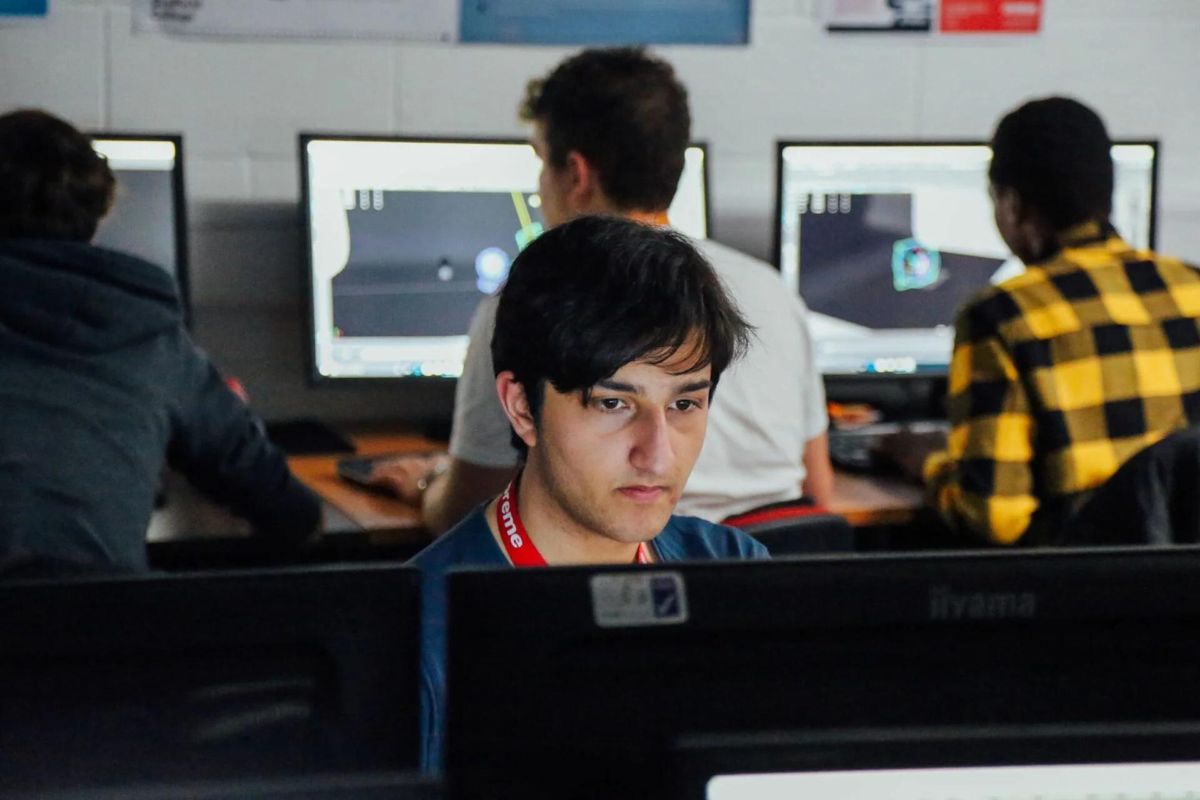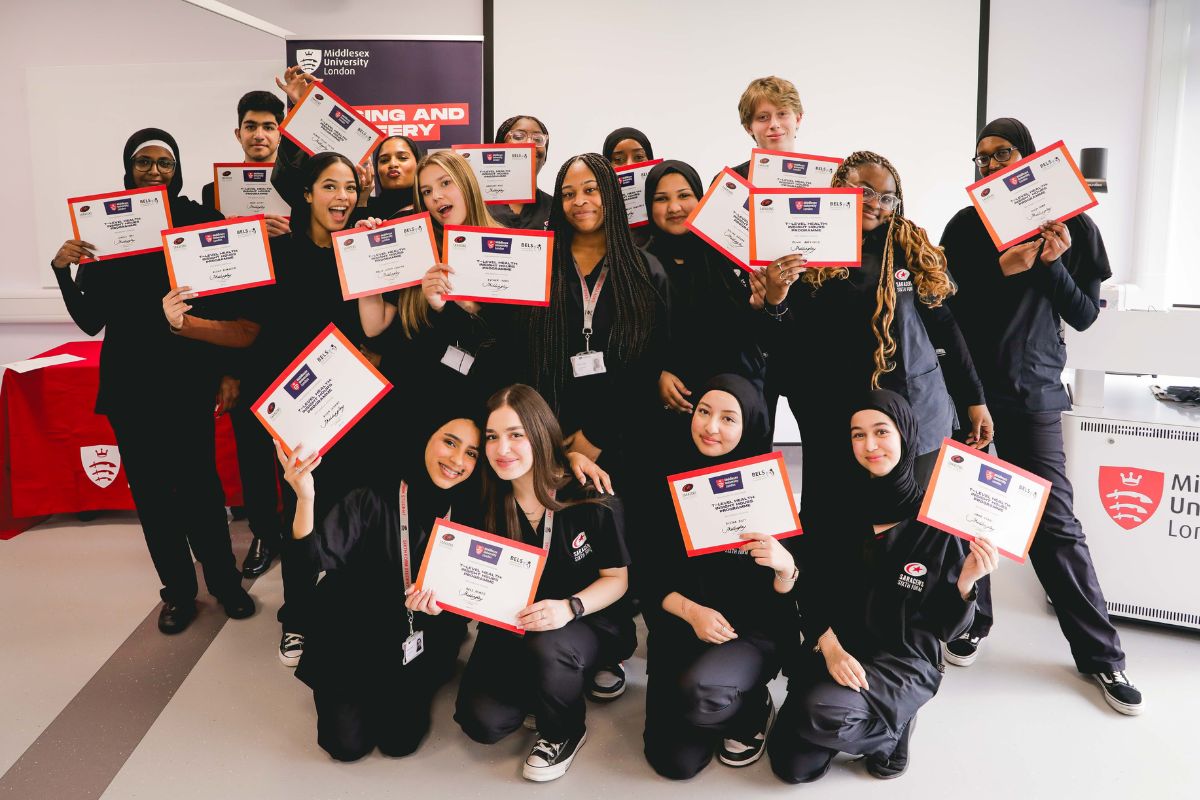Why we are keeping education settings open

https://dfemedia.blog.gov.uk/2020/11/04/why-we-are-keeping-education-settings-open/
Why we are keeping education settings open
Posted by: Media Officer, Posted on: – Categories: Attendance, Coronavirus, Returning to school
From Thursday 5 November, the country will enter a second month-long national period of restrictions, during which time non-essential shops, hospitality settings and more will be closed. This time, however, we are keeping education settings open for all.
Education Secretary Gavin Williamson said:
When it comes to our children there really is nothing we wouldn’t do to make sure they get the education they deserve. The wellbeing and long-term future of all our young people is a national priority and they’ve already lost crucial learning time.
This is particularly true for those from disadvantaged backgrounds, who could least afford to fall behind. Every day they spent out of school is another that increased the gap between them and the rest of their class. This is why we have allocated £350 million to help these youngsters get extra tuition if they need it, included within the £1 Billion Covid Catch Up Plan.
We are prioritising children’s and young people’s education and wellbeing, by keeping nurseries, schools, colleges and universities open. Evidence has highlighted the risks of not being in education on young people’s development and mental health. As the UK’s Chief Medical Officers have made clear: the risk of catching coronavirus at school is low, meaning that the wider risks to children being out of school is, in fact, far greater.
This is a view England’s Chief Medical Officer Chris Whitty reiterated in front of the Science and Technology Committee yesterday.
“There is really clear evidence that not being at school is a big disadvantage to children and has mental health impacts.
“On balance of risk for children in our view, is firmly for children to be at school.”@CMO_England, Chris Whitty in the Science and Technology Committee pic.twitter.com/9sdlIq8RRq
— Department for Education (@educationgovuk) November 3, 2020
Our data on school attendance published last week shows that 99% of schools are open and overall attendance is 86%. In fact, just 0.1% of pupils are off because they have Covid-19. In comparison between 66 and 78 out of every thousand pupils are off because or reasons not related to Covid-19, like illness or authorised absence while four will be off because they have Covid-19 symptoms.
Our system of controls in place to limit the spread of Covid-19 while keeping schools open is working.
During his evidence to the Science and Technology Committee yesterday Professor Whitty said that the data does not suggest that teachers are a high risk occupation, unlike medical staff
“All the data do not imply that teachers are a high risk occupation.” – @CMO_England, Chris Whitty. pic.twitter.com/UT6nEqCISu
— Department for Education (@educationgovuk) November 3, 2020
The Children’s Commissioner for England, Anne Longfield, has also warned that education must not be sacrificed because of Covid-19. Writing for the Telegraph in October, Longfield said schools should stay open “no matter what” and that it would be a “disaster for children’s well-being and education if they were to close”. School leaders and staff have been carrying out fantastic work to make schools Covid secure. The Children’s Commissioner’s survey showed children were delighted to be back at school, felt safe, and understood all the rules.
From this week, schools will be able to book tuition sessions via the National Tutoring Programme website. The programme aims to ensure that high quality tutoring is available in all parts of the country, to disadvantaged children and young people who will need the most support to catch up.
SAGE has previously outlined the risks of limiting face-to-face learning on the potential mental health impact on young people. Higher education providers and further education colleges are also working closely with local authorities and public health officials to ensure that learning can take place as safely as possible. Some ways in which universities are adapting their settings this year can be found here.
The long-term future of all our young people is a national priority. There is no substitute for being in a classroom, as this is the best place for students’ education, development, and wellbeing. This is why we are keeping all schools open, and are encouraging nurseries, early years settings, colleges and universities to do the same.
Education Secretary Gavin Williamson said:
All our education settings are operating with strict safety measures in place, to keep children safe and minimise the risk of infection. I’ve been visiting many of them and I know that children are adapting spectacularly well to these and have got back into the swing of learning in spite of the adjustments.
As well as enforcing strict hygiene protocols, schools have always been able to test any children and staff who developed coronavirus symptoms and I am glad to say that we are making huge progress in testing for the disease.
We are expanding our testing capacity all the time and are on track to increase daily capacity to 500,000 a day by the end of the month.
Tags:Colleges, Coronavirus, covid-19, early years universities, schools
Sharing and comments
Share this page
Related content and links
About the Education in the media blog
Education in the media is the Department for Education’s blog on the latest topical education and equalities issues. This blog features a review of leading media stories, rebuttal to news stories, as well as Ministerial comment.
Categories
Recent blog posts
- National restrictions guidance for education settings5 November 2020
- Why we are keeping education settings open4 November 2020
- Ofsted inspections illustrate high proportion of good or outstanding schools30 October 2020
- Lockdown research emphasises importance of early years settings for disadvantaged children29 October 2020
- Exploring absences from school due to Covid-1927 October 2020












Responses